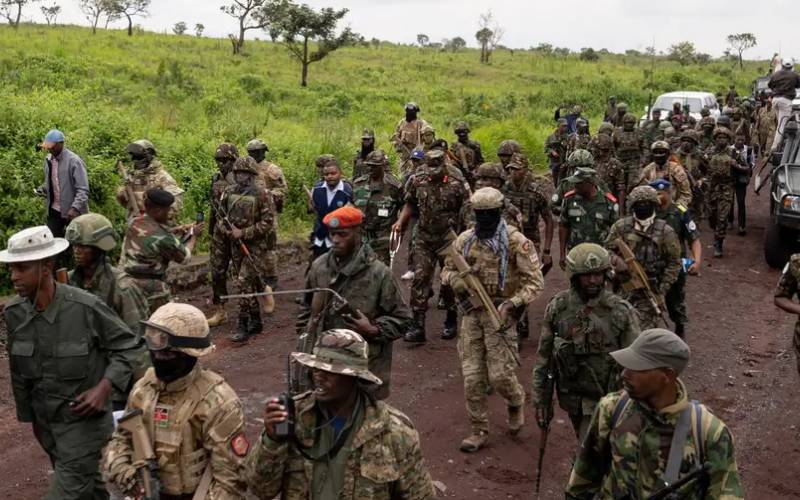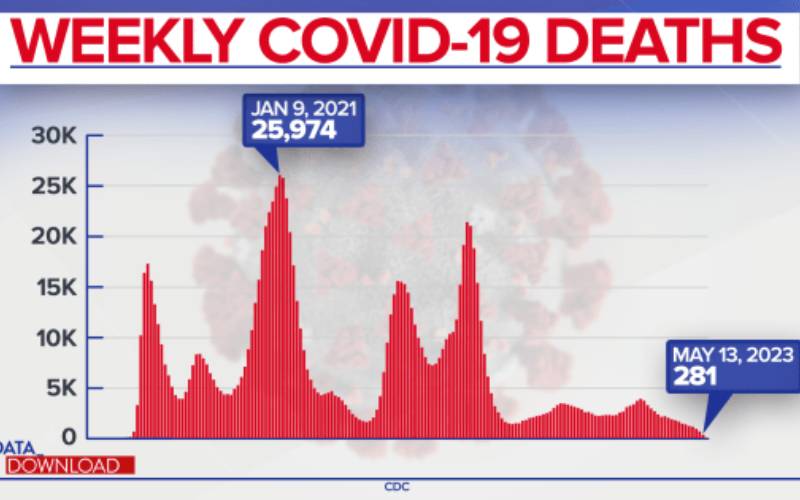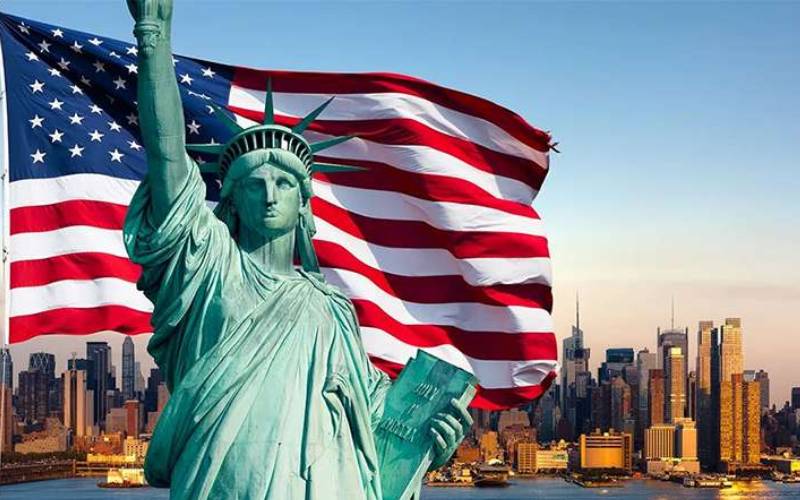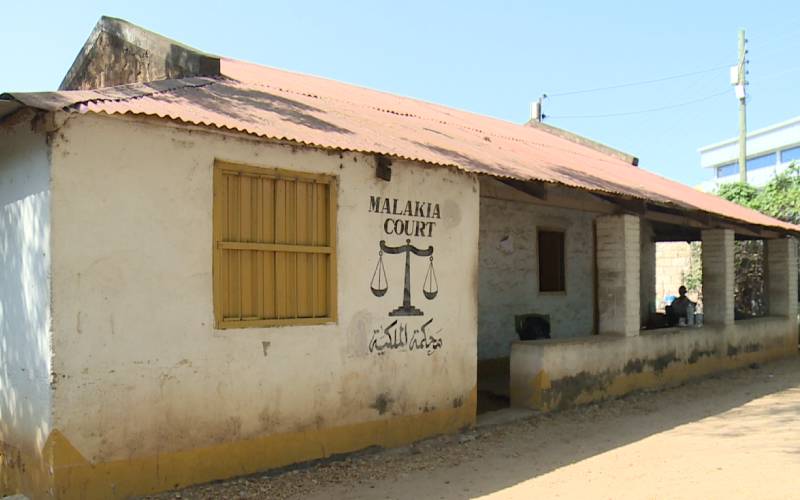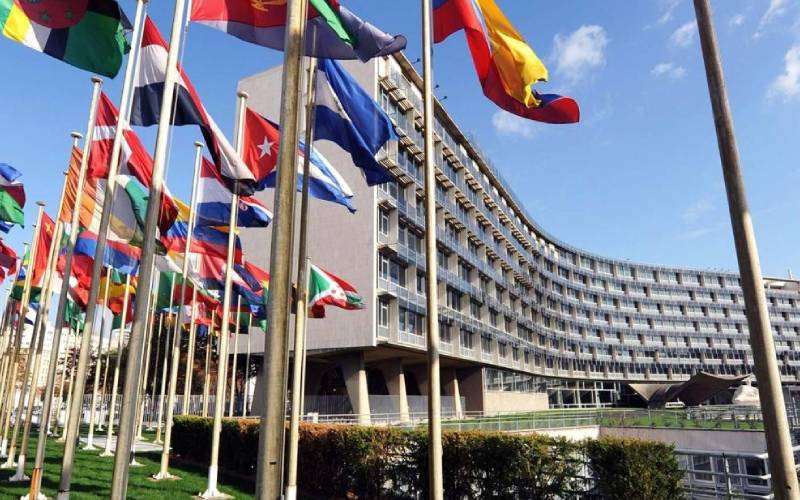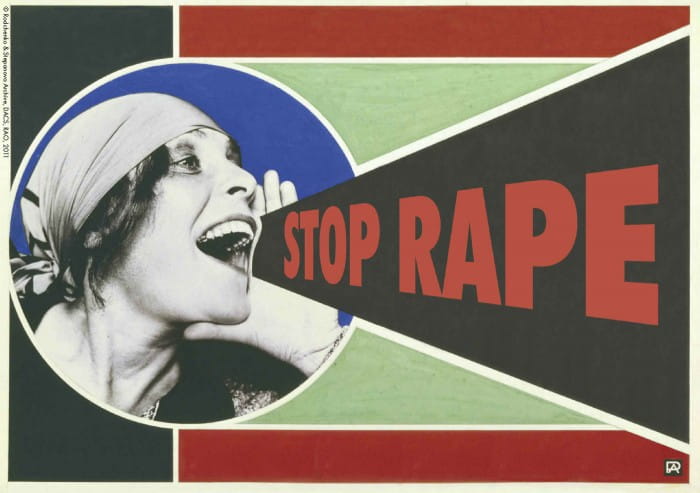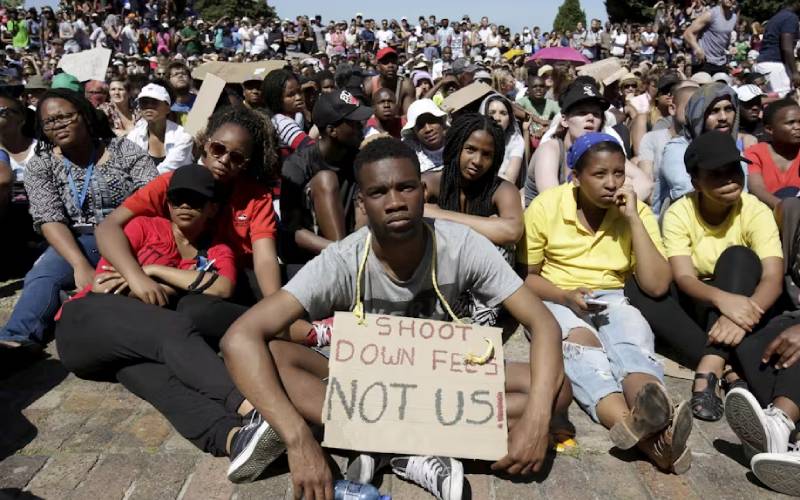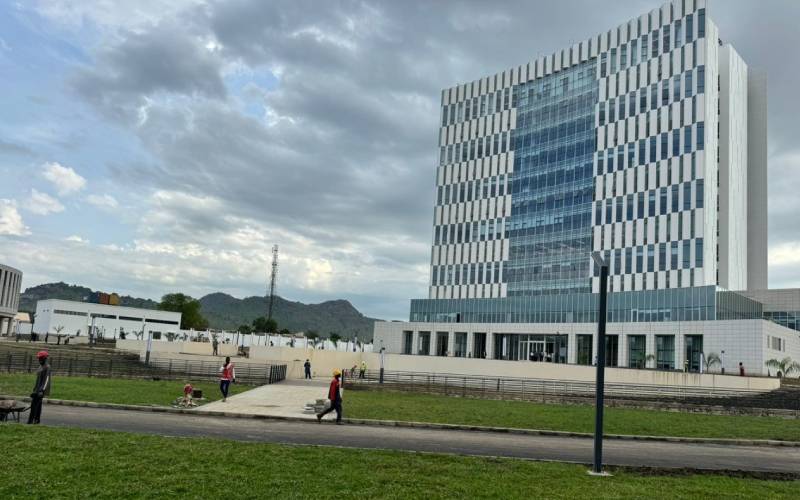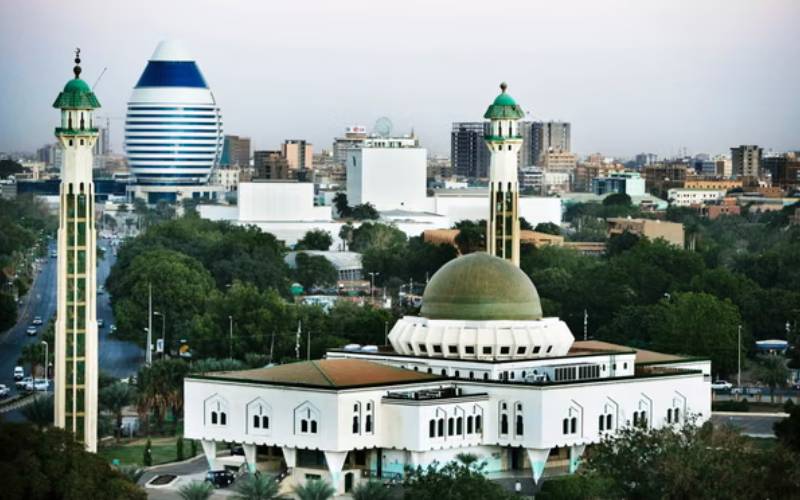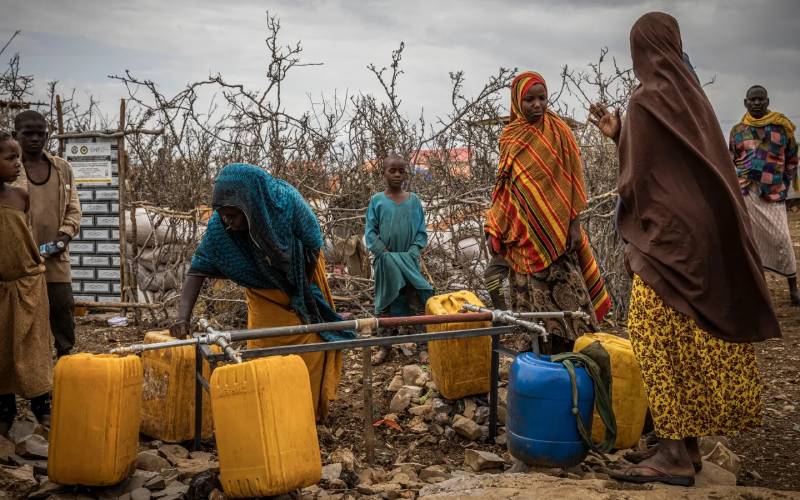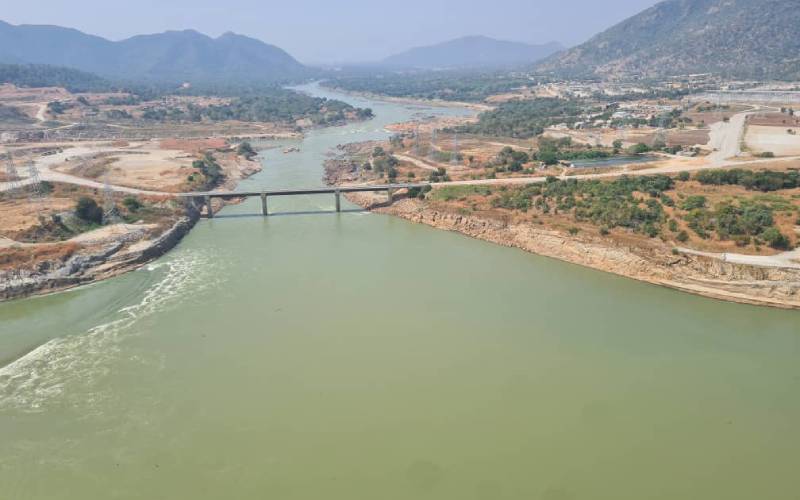The Democratic Republic of Congo (DRC) and Rwanda have successfully reached a peace deal to resolve the conflict between the Congolese military and the March 23 Movement (M23) in Doha, Qatar.
The peace accord was facilitated by the United States government and Qatar, along with contributors from the East African Community and the Southern African Development Community (SADC).
Mahmoud Ali Youssouf, Chairperson of the African Union Commission (AUC), states that the agreement will create a foundation for a viable peace, security, and stability in eastern DRC and the Great Lakes Region.
“This significant development marks a major milestone in the ongoing efforts to achieve lasting peace, security, and stability in eastern DRC and the wider Great Lakes region,” says Youssouf.
He lauds the collaborative efforts from both Rwanda and DRC to allow dialogue, compromise, and political commitment to take precedence. Youssouf pledges the African Union's unwavering support for the execution of the peace agreement and the attainment of substantial peace, security, and development in DRC and the whole region.
According to the Center for Preventive Action, clashes in Goma, Eastern DRC in early June 2025 led to 900 deaths based on UN statistics and approximately 2000 based on estimates from the Congolese government.
Rwanda has frequently been accused of supporting the M23 rebels, with about three to four thousand troops stationed in eastern DRC. It is alleged that since the late 1990s, the M23 rebels and the Rwandan government have been vying for territory and natural resources in eastern DRC.
At least one million Congolese have fled to neighboring countries, and around one million are internally displaced, requiring immediate medical aid, food, and other essential supplies. The conflict in eastern DRC reportedly has its roots in the 1994 Rwandan Genocide when Hutu extremists killed roughly one million minority Tutsis.
Reports suggest that around six million individuals have died since the onset of the conflict in 1996, attributed to the aftermath of the 1994 Rwandan Genocide. At least two million Hutus sought refuge in the north and south Kivu provinces of Congo.
Certain Hutu extremists who entered the DRC began forming militias, while external powers allegedly provided support to the rebellion. Once the Rwandan Patriotic Front (RPF) assumed governmental control, they began to back M23 rebels, asserting that they threatened their national security.
